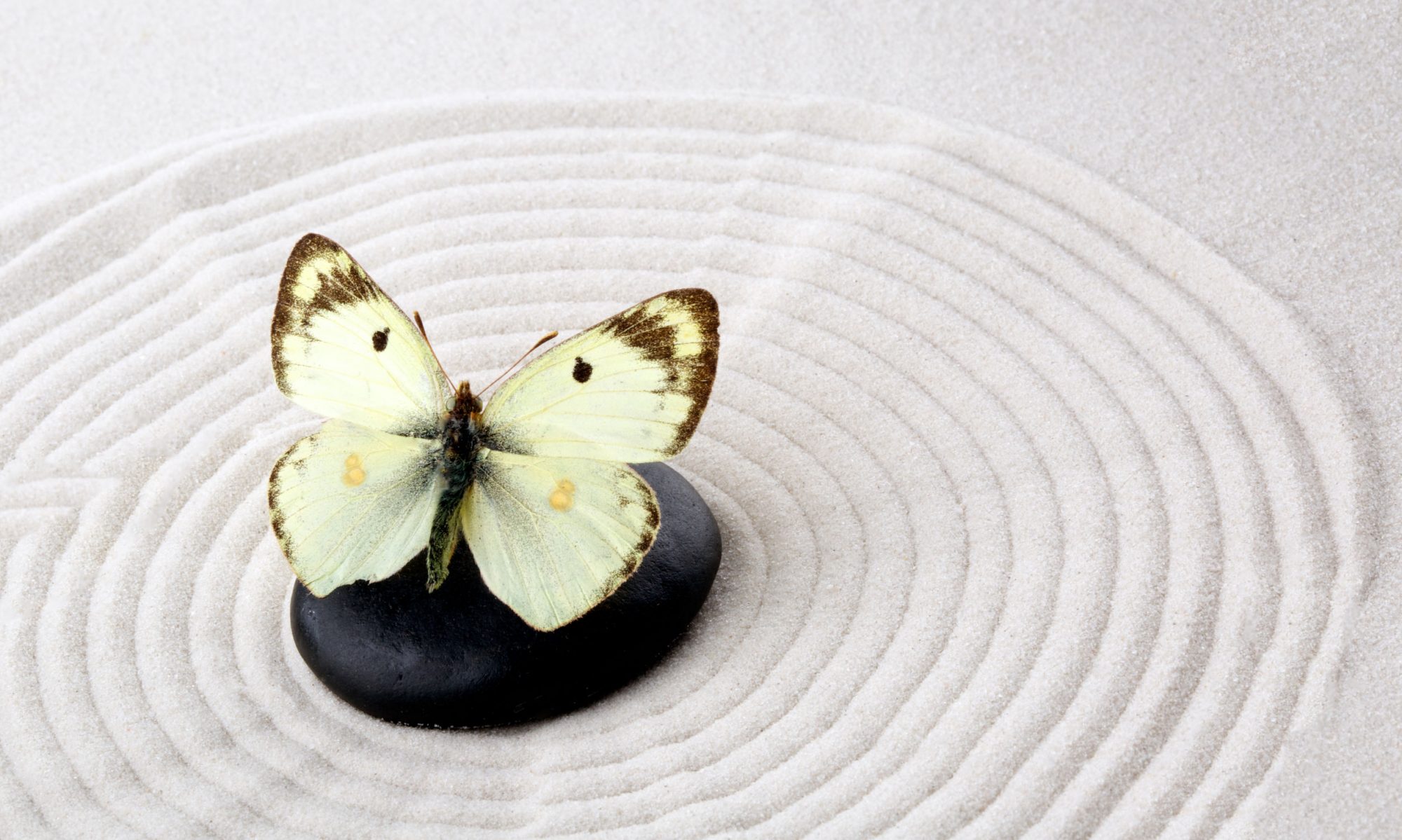The other day I walked into the living room and on the television was the movie, The Day the Earth Stood
Certainly, as a therapist working in the field of trauma and addiction, I have seen plenty of instances where despite the unimaginable consequences that can result from our behaviors, change does not come easily. Someone struggling with heroin addiction who continues to use despite dying multiple times and needing to be revived by Narcan. Or the person with a lung cancer diagnosis who continues to smoke. Even now, in my own life, as I struggle yet again with my use of sugar as a coping strategy, knowing full well the potential long-term negative outcomes, it continues to be hard to stop. These though are easier to comprehend; addictions hijack the brain’s reward circuitry often rendering our best intentions futile. But we do this in so many other areas of our life as well. We know what we may need to do at work or in our personal relationships to avoid being fired or prevent the demise of a beloved relationship, but those changes can feel insurmountable.
Perhaps too there are gradations on the road to our precipice and how quickly or slowly we heed the warning, or even if we ever do at all. I certainly have heard stories of people surviving near death situations who completely change their lives. Their brush with mortality bringing with it a deeper understanding of the things in life that hold value and importance. The recognition that our time on this earth is limited and we will run out of chances to change. The research done with those at the end of their lives show some universal truths around what matters. Our relationships, how we spend our time, how we show up and be present in our lives and our ability to cultivate a sense of purpose and meaning seem to be where we carry most of our regrets.
Instead of asking myself if I would change at the precipice, I wish instead my life was lived being informed by this inevitability. The precipice will come. I imagine I would live my life in such a way that I were more ready for this eventuality. Each breath measured not in years, but in moments where I was able to show up more fully to the unfolding of my life. Welcoming what is without judgment and increasing my capacity to hold the paradox of our fragile human condition- that to truly understand the infinite beauty of the light, we must also be willing to embrace the darkness.
We live in a world that encourages us to stay on this never-ending quest to maintain near constant states happiness and self-fulfillment. We chase all the outside things we imagine will keep the darkness at bay and far from our consciousness. We seek to create the illusion of the perfect life, post it all to social media as if we believed that if we could attain enough likes we could escape the precipice altogether. But it is the very knowledge of the precipice that has the power to save us.
I read a recent article on climate change, alarming in its predictions. The author concluding, like so many other scientists have, that it is very possible we are at the precipice of human survival. As we face global catastrophic suffering as a result of climate change due to our tragic inability to make those needed changes, we choose instead to continue to turn a collective blind eye to the impending crisis. Our insatiable desire to fix what is broken in us, the hole inside so vast we are willing to fill it with the very things that will keep us from what matters most. The quest for money and power will never heal what hurts us most. We stay on the desperate path of finding things to mask and cover our deepest wounds. We pollute our bodies and we heap more and more trash onto our aching souls. Greed becomes the poison we take, erroneously thinking it will save us. Like heroin in our veins, the relief is only temporary as it kills the organism it relies upon for its very survival.
The crisis of climate change is, at the end of the day, the story of what it means to be human. Do we begin the arduous task of turning inward, bravely assessing the damage we have done and choosing to believe that we are indeed capable of lovingly and fiercely committing to this process of offering unconditional love, to ourselves and indeed to all of humanity? When we are faced with the precipice, what will we choose? The time is now. We are here.
